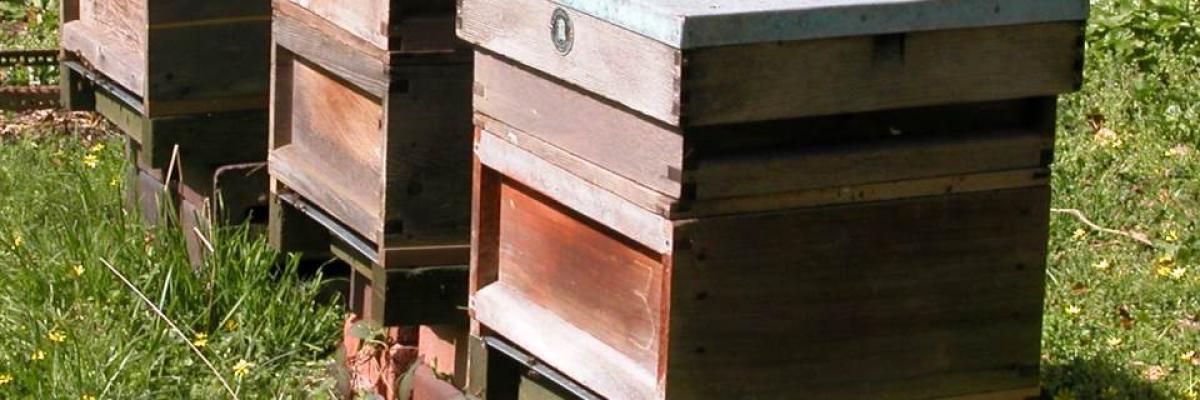

Beekeeping and sustainability
Download the PDF
Resource explained:
This factsheet, produced by the Welsh-based organisation Bees for Development and drawn from the website’s information portal, discusses sustainable beekeeping.
This is based on maintaining populations of locally adapted indigenous bees both in the wild and in apiaries, and benefiting people and biodiversity.
It outlines the factors that make beekeeping sustainable and the “ecosystems approach” to beekeeping that is important for us to adopt. Man’s impact on bees is divided into three key areas; the environment, genetics, and management.
The factsheet also focuses on:
- The relationship between landscapes that are flower-rich and clean (free of detrimental contaminants), and bee population and health;
- The importance of locally adapted bee populations in relation to their survival and health;
- Beekeeping management that focuses on the natural processes of the colony life cycle, and;
- The key principles of ‘natural’ bee keeping management.
Findings & recommendations:
- Man’s impact on bees is divided into:
- The environment: we impact through our management of the natural environment and bees’ nesting and feeding habitats.
- Genetics: we effect the distribution and genetic diversity of bees through moving them outside their natural range, and breeding, selection and queen importation.
- Management: we impact bees through colony manipulation, hive technology and management practices.
- Sustainable beekeepers take heed of how bees want to live.
- The aim of sustainable beekeeping is to protect and maintain viable populations of healthy, indigenous honeybees.
- Key messages include:
- Bees make optimal use of resources in their local environment.
- Indigenous and locally adapted bees will fare better than imported races or breeds.
- Sustainable methodologies mirror the natural life cycle of bees. The colony is treated as a complete organism, natural processes are respected, and intrusion into the colony is minimised.
- Honeybees and flowers are co-dependent, so the health of honeybees depends on an unpolluted flower-rich local environment. You can help with this by ensuring that suitable forage resources (i.e. flowering plants with nectar and/or pollen available to bees) are available all the year-round.
